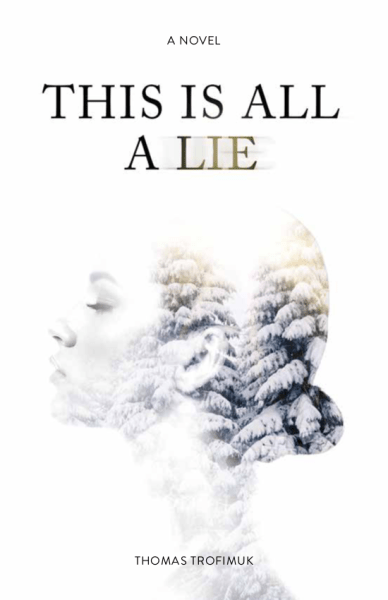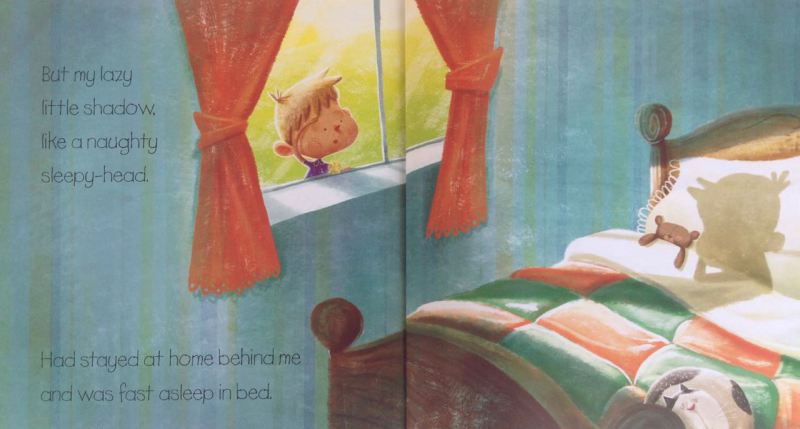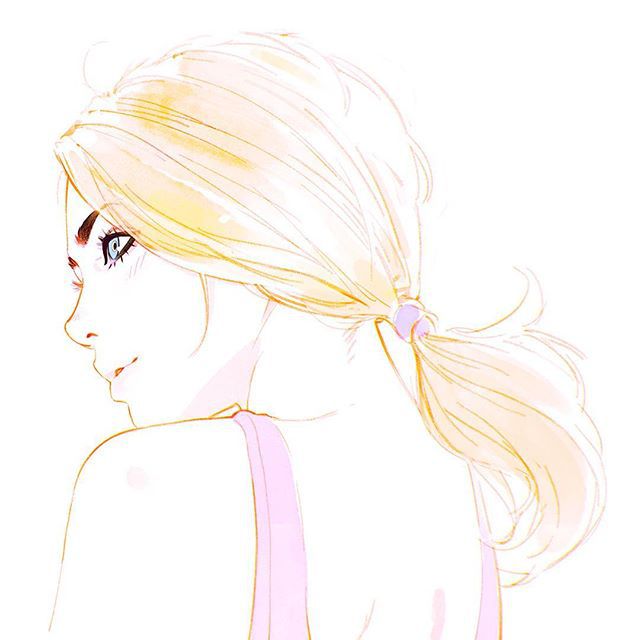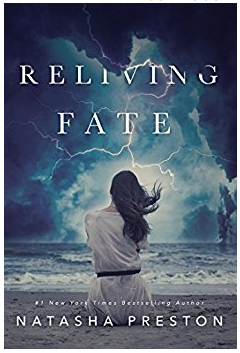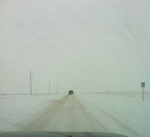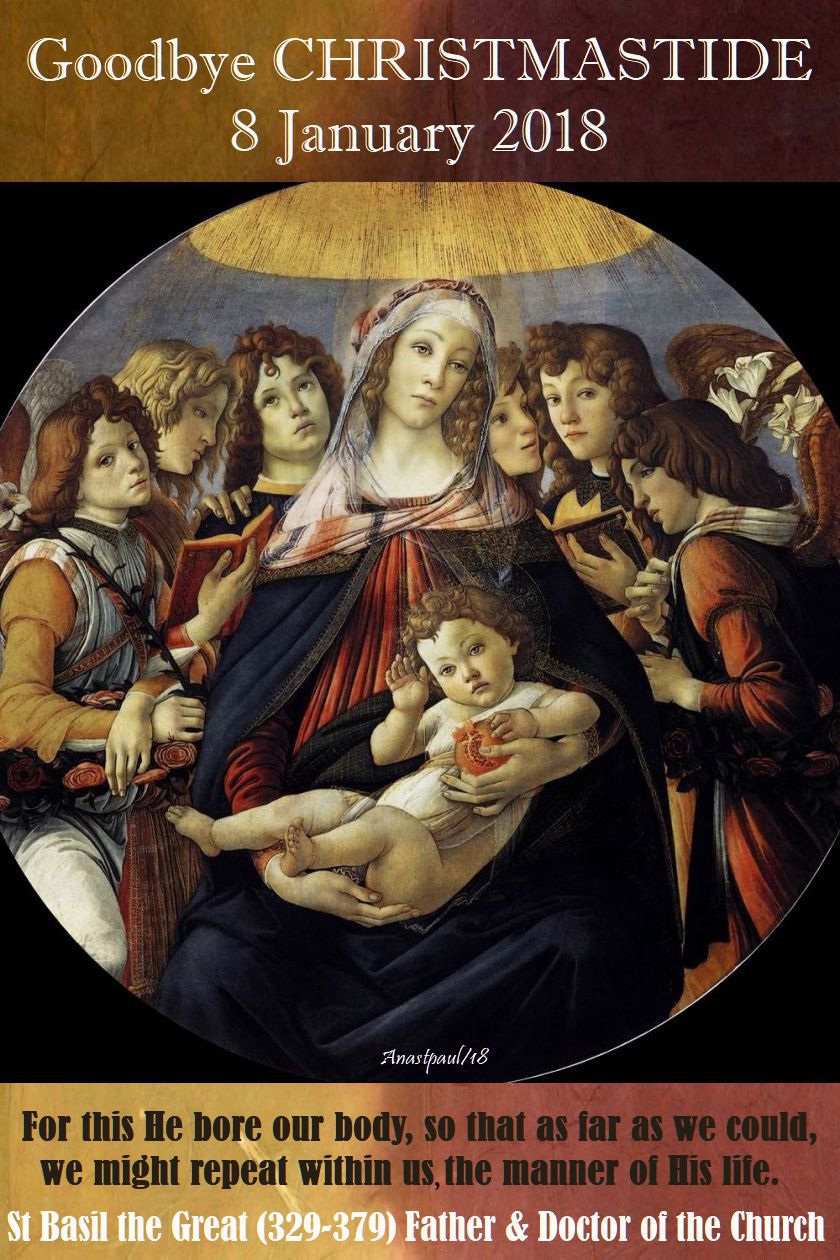Hi everyone. As promised, here is my recent Q & A with Iris N. Schwartz, in support of the publication of her new book of flash fiction, My Secret Life with Chris Noth and Other Stories! It is a terrific collection of stories, out now from Poets Wear Prada. Please read on…
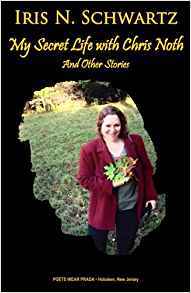
My Secret Life with Chris Noth and Other Stories by Iris N. Schwartz $12.00
Published October, 2017, by POETS WEAR PRADA, Hoboken, NJ
Hi, Iris! As not only a long-time colleague of yours, but also a huge fan of both your fiction and poetry, I am really excited to be talking to you today about your new book, My Secret Life with Chris Noth and Other Stories. Congratulations on its publication!
First of all – why Chris Noth?
My story “My Secret Life with Chris Noth” came about because Jellyfish Review, a literary journal that had previously published my story “Ever After,” put out a call for story submissions re: celebrities. Chris Noth, star of two Law & Order franchises and Sex in the City, immediately came to mind. And that is what the kids call the origin story for MSLWCN.
Was there a personal reason why you chose Chris Noth for a story about celebrities?
I thought he’d make an appealing object of desire.
Okay! Enough said… You’re a prolific writer, with so many flash and microfiction pieces to choose from. Who made the selection of the stories that are included in My Secret Life with Chris Noth and Other Stories?
I selected the stories included in the book. My publisher, POETS WEAR PRADA (PWP), told me to select what I wanted to include in this first collection. I chose pieces to reflect a broad range of protagonists and environments.
Do you sense an overriding theme to this specific collection? Or a particular reason why these stories were selected?
One overriding theme is the main character striving for her or his true self. This includes, especially for younger protagonists, searching for authenticity while clashing with familial or societal strictures. An additional theme is facing difficult circumstances with courage, creativity, and humor.
A lot like how you’ve lived your own life. In fact, so much of your flash fiction feels highly personal – as if, through the razor-sharp details you include about your characters – the reader is getting insights into your life and how you’ve lived it. What is your process for telling a fictional story that also includes these “autobiographical clues” to your own life, while indeed keeping it a work of fiction?
I don’t know that I have a process for it! For a long time I consciously resisted writing anything based on events and people in my life. Eventually, I began to write what I wanted to write after opening my laptop. Or what I didn’t know I wanted or needed to write. More recently, I’ve written stories intentionally based on events and/or characters from my life. I revise to protect the innocent and the guilty. On the other hand, some family members and friends have asked if a particular story is about me or them when I very fastidiously made everything up! In general, I try to give all my characters particulars, such as quirks, compulsions, or physical features that make them believable.
We first met at a reading at Barnes & Noble, in New York City, at Astor Place. This was way back in 1998, when you were primarily known on the downtown scene as a poet. At what point did you transition from writing poetry to writing flash fiction?
Marilyn, we’ve known each other a long time. (It’s a good thing we were twelve when we met!) I didn’t transition from poet to fiction writer. I began writing fiction while in grade school; I started writing poetry in my twenties, while still writing fiction. On the way to where I am now I’ve had short stories, poems, creative nonfiction, and one novella (with which you were involved as an editor) published. And I began writing a novel in flash-length chapters (before I knew the definition, and the feel, of flash).
What was that initial spark of attraction – do you remember the moment when you thought, “I want to try my hand at this?” [writing flash fiction]. How long did it take before you felt confident enough to start sending your flash fiction pieces out to publishers?
I started writing flash stories more than two years ago, after reading Damn Sure Right, a collection by flash exponent Meg Pokrass, whom I’d befriended on Facebook. As soon as I began writing flash and microfiction, I understood I’d discovered my true métier. (Plus, it didn’t hurt that my acceptance rate [by publishers] nearly doubled what I’d achieved before writing flash.)
Your pieces are so emotionally satisfying to read; they really pack an unexpected punch in a small amount of space. [DISCLAIMER to readers: I have sometimes assisted Iris with edits and suggestions for her works-in-progress, which includes several pieces that wound up in My Secret Life with Chris Noth and Other Stories.] What is the average word-count for flash fiction pieces, in general?
Thank you (re “unexpected punch”). The word count for flash fiction is an upper limit of 1,000 words; mine often average from 350 to 800. Unless I’m working on a piece with predetermined limits, each story dictates its own length. Then there’s microfiction, with an upper word top, generally, of 300. I enjoy working within confines, and am especially challenged by the 100-word upper limit.
What is your process for taking an emotional idea/concept and then capturing it on the page in such a limited word count? Is this a process that you can describe?
If I write microfiction with a 300 word-count upper limit, for example, I write the whole story, aiming for about 400 to 500 words to start. I indicate the word count for that rough draft. Then I edit. I try to delete as much excess verbiage as possible, but, inevitably, the more I whittle down, the more I spot something duplicative, or in need of a synonym, etc. I almost always finish after multiple versions, until I feel, maybe at version 10, that the story is tight.
With your background of so many years writing and publishing poetry, do you think that’s given you the skills you need to keep your imagery so tight? Or are the creations of poetry and flash fiction approached differently?
Yes, poetry has pressed me to write with fewer and better words, as have poetry workshops taken with Angelo Verga. Reading my work to other writers, and poets, too, or having them read my work, helps immensely — especially when I’m stuck. I’ve also taken fiction writing classes — with Peter Trachtenberg and with Meredith Sue Willis — that introduced me to the work of significant writers and helped me improve my pruning. As did a flash writing workshop I took with Meg Pokrass this past summer. Reading good writing is a must. The fact that I edit my own fiction, nonfiction, and poetry, as well as that of other writers and poets, compels me to choose words wisely.
In fact, you’ve been my editor, now, on all of my projects over the last several years. You have a great eye! And – to switch gears, here – as someone who has worked with you for a couple of decades now in various aspects of publishing and editing, I can attest to the fact that you have a real knack for capturing the allure, the comfort, the eroticism, and the humor of food, and especially in how it relates to various neighborhoods in New York City. Can you comment on this?
Comment on it? I can write a book about it! Alcohol and drugs never held much allure for me. Cigarettes? I smoked two with a friend when I was 14, to look cool in front of a couple of boys. Instead, I choked furiously. The boys moved on. No more cigarettes for me.
But food held my hand when I felt miserably alone, celebrated high marks with me, and sometimes found its way into the bedroom. I work to reduce its role in my life. I need to eat when I’m hungry, don’t need to eat when I feel — whatever I feel. I prefer to eat good food, in reasonable amounts, and leave the erotic and compulsive descriptions to my characters, should they wish to pursue that.
I’ve heard there might be a follow-up book for you with Poets Wear Prada. Is this correct?
Yes, a second collection of stories with PWP is scheduled to be published, probably in fall or early winter of 2018.
That’s great! I can’t wait to read another round of your stories. It’s always a real delight for me to spend time delving into your fiction.
What are the various ways that readers can find you on the web?
My Amazon Author page.
My aboutme.com page.
My Poets & Writers page.
My Facebook page.
Thanks, Iris, for taking time out to engage in a little “Q & A” with me today! Again, congratulations on the publication of My Secret Life with Chris Noth and Other Stories, published by POETS WEAR PRADA.
Marilyn, thank you very much for giving me this opportunity to talk with you!
Advertisements Share this: